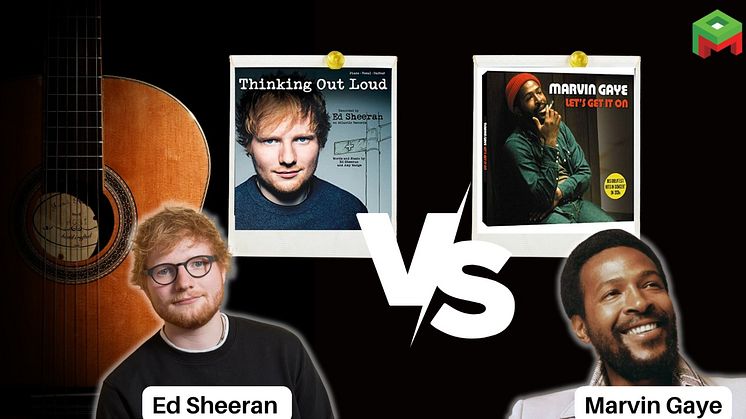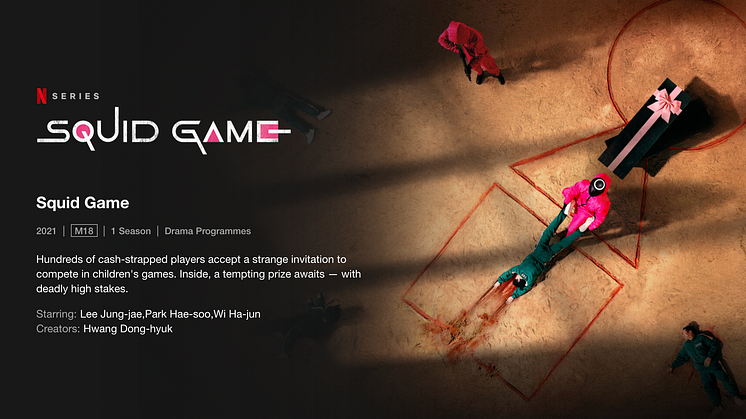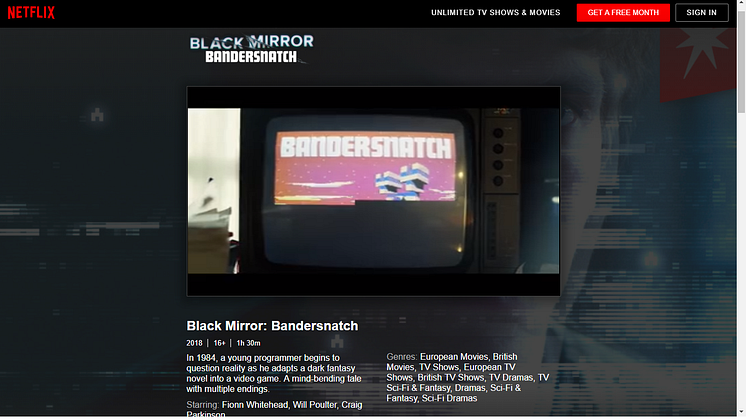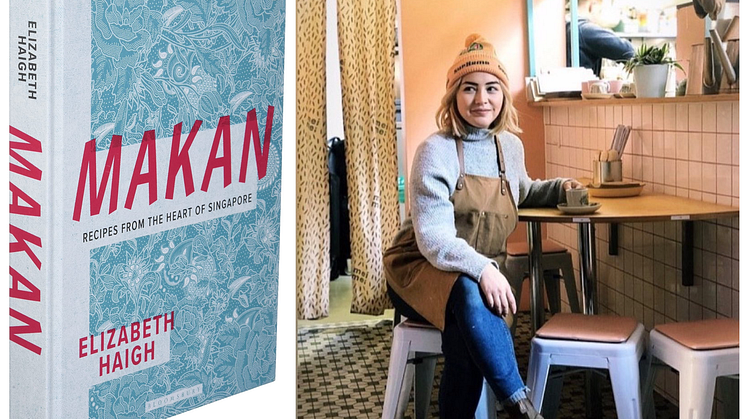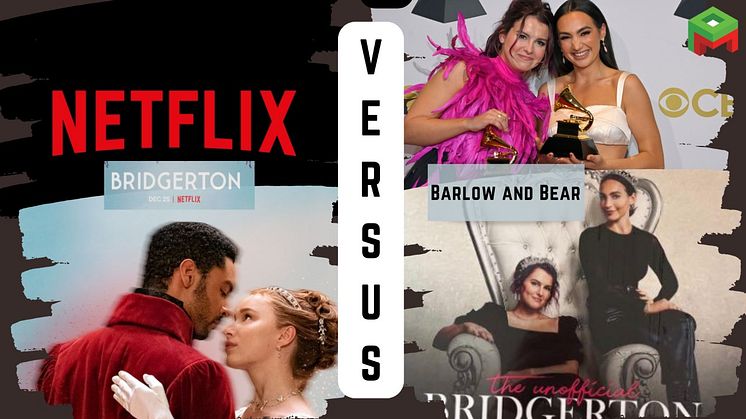
News -
Netflix accuses Barlow and Bear, creators of The Unofficial Bridgerton Musical, of crossing boundaries of fan fiction "well past its breaking point"
Netflix has sued the creators of The Unofficial Bridgerton Musical, Abigail Barlow and Emily Bear, for infringing copyrights of the hit show Bridgerton after they performed a live musical concert of their version without permission.
The streaming platform, which owns the exclusive rights to authorize derivative works based on Julia Quinn’s book series, released Bridgerton's first season in December 2020 to huge popular success.
Following the release, influencers Barlow and Bear asked their followers a simple question - “what if Bridgerton was a musical?” - and announced their plans to create their own musical inspired by the show on TikTok.
Shortly after the duo posted their first song to social media, Netflix reshared the clip in January 2021, captioning it: “A rather talented bunch indeed. Consider this author impressed.”
After their initial tracks went viral on TikTok, Barlow and Bear recorded 15 songs over six weeks in a series of melodies under The Unofficial Bridgerton Musical soundtrack album, which also led them to win a Grammy Award for Best Musical Theatre Album.
But things changed last month after the creators performed live at the Kennedy Center in Washington which was fully sold out. Their next live concert that is scheduled in London at Royal Albert Hall is also fully sold out.
Netflix alleged the duo for "blatant infringement” of IP rights and to have taken “valuable” IP from the “original series Bridgerton to build an international brand for themselves."
The lawsuit pointed out that “Bridgerton reflects the creative work and hard-earned success of hundreds of artists and Netflix employees” and also that Netflix owns “the exclusive right to create Bridgerton songs, musicals, or any other derivative works based on Bridgerton."
Netflix further alleges that Barlow and Bear have stretched the boundaries of fan fiction "well past its breaking point."
According to the lawsuit, it never authorized The Unofficial Bridgerton Musical or gave Barlow and Bear permission to create work based on the franchise, but the duo “copied liberally and nearly identically from Bridgerton across a number of original elements of expression," including dialogues from the show, "appropriating" characters, and "copying" crucial plot points.
Netflix even told Barlow and Bear that they "would not authorize and did not want them to engage in any live performances or other derivative works that might compete with Netflix's own planned live events."
The production house "offered Barlow & Bear a license that would allow them to proceed with their scheduled live performances at the Kennedy Center and Royal Albert Hall, continue distributing their album, and perform their Bridgerton-inspired songs live as part of larger programs going forward," which the lawsuit says Barlow and Bear refused.
“[Their] live show featured over a dozen songs that copied verbatim dialogue, character traits and expression, and other elements from Bridgerton the series,” the court documents said. “It included dramatic portrayals of Bridgerton characters by Broadway actors, emoting through the performance of the songs that comprise the ‘musical.’ Throughout the performance, Barlow & Bear misrepresented to the audience that they were using Netflix’s Bridgerton trademark ‘with permission,’ while Netflix vigorously objected.”
Julia Quinn, who described Barlow and Bear as extremely talented, wrote in a statement that she was excited when they began performing on TikTok and composing songs dedicated to Bridgerton. But there is a difference between posting on TikTok and seeking commercial gain, she wrote.
“I would hope that Barlow & Bear, who share my position as independent creative professionals, understand the need to protect other professionals’ intellectual property, including the characters and stories I created in the Bridgerton novels over 20 years ago,” Quinn said.
PitchMark helps innovators deter idea theft, so that third-parties that they share their idea with get the idea but don’t take it. Visit PitchMark.net and register for free as a PitchMark member today.

